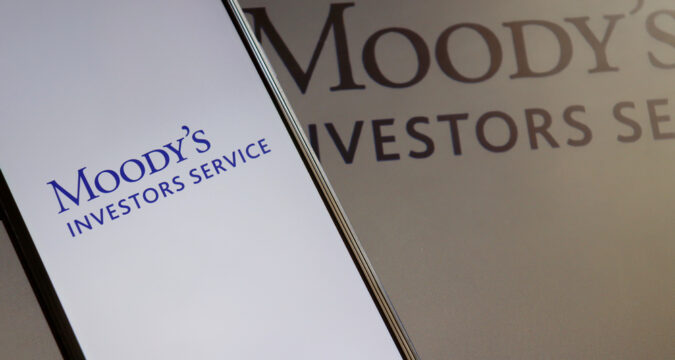
Moody’s Investors Service has recently downgraded First Republic Bank’s credit rating from Baa1 to B2. This is a significant downgrade for the bank, which has struggled to remain competitive in the current economic climate.
Due to declining revenues, the unexpected downgrade has raised questions about the bank’s ability to manage its finances. The downgrade of the bank’s credit rating is a significant blow to its reputation.
First Republic Bank has been a major player in the banking industry for many years and has a strong reputation for sound financial management. The downgrade puts the bank’s ability to maintain this reputation into question.
It has caused some to question the bank’s ability to remain competitive. The downgrade of the bank’s credit rating is primarily due to the bank’s declining revenues.
The bank’s lending activities have slowed significantly in the past year, and its profits have decreased. Meanwhile, some are questioning Moody’s methodology following the downgrade.
However, the change in First Republic’s credit rating proves that the agency is recognizing the changing dynamics of the banking industry later than others.
Power Brokers Raise A Combined $30 Billion Rescue Fund Of First Republic Bank
On Thursday, some of the biggest banks in the U.S. put $30 billion worth of deposits into First Republic Bank. These deposits were an attempt to save it from the fallout of the recent failure of two other mid-sized American banks.
Since the downfall of Silicon Valley Bank last week on account of bond-related losses caused by a surge in interest rates, banks worldwide have been suffering. Investors have asked what other issues may be concealed in the banking industry.
This market upheaval quickly affected Credit Suisse, which had to access $54 billion from the Swiss central bank to shore up its liquidity. However, on Thursday afternoon, the focus shifted back to the U.S. as the top banks led an effort to revive the fortunes of First Republic, a regional lender whose shares had plummeted 70% over the previous nine trading days.
Power brokers such as Federal Reserve Chairman Jerome Powell, U.S. Treasury Secretary Janet Yellen, and JPMorgan Chase CEO Jamie Dimon were behind the rescue of some of the most prominent U.S. banking entities.
Several reports claim that the trio discussed the deal on Tuesday, as a source familiar with the situation reported. The move also included Citigroup Inc, Bank of America Corp, JPMorgan Chase & Co, Wells Fargo & Co, Morgan Stanley, and Goldman Sachs, per the same sources.


